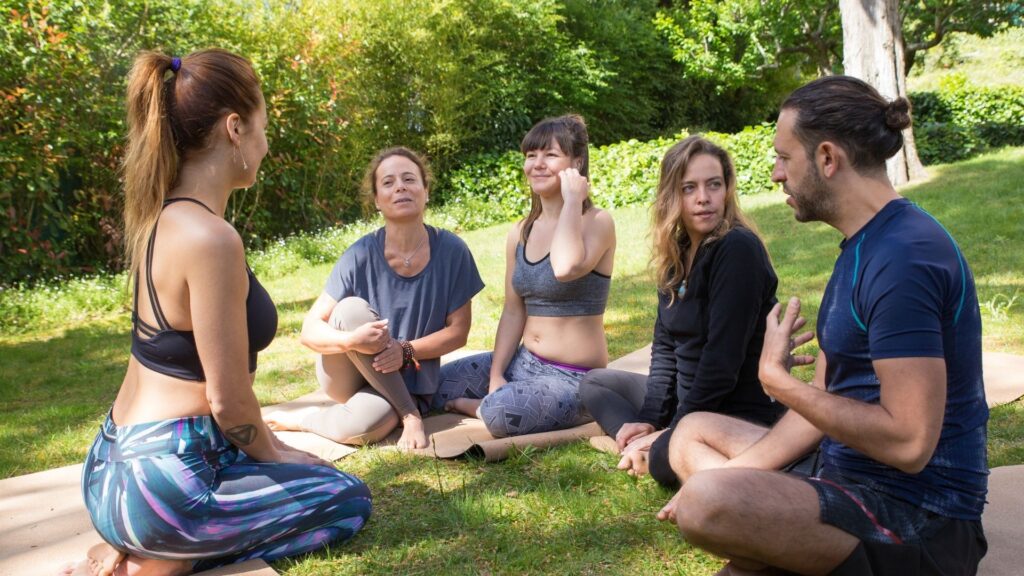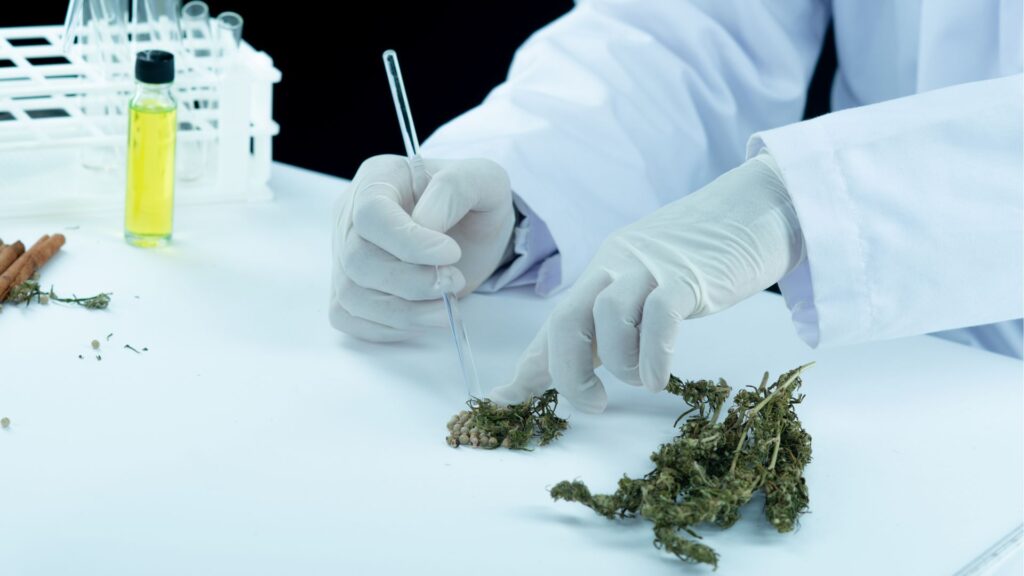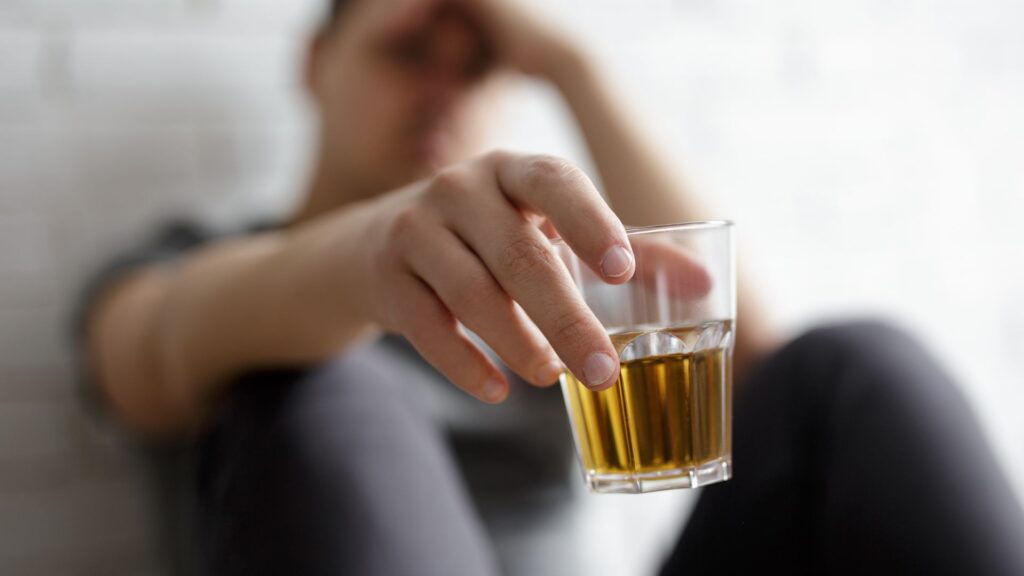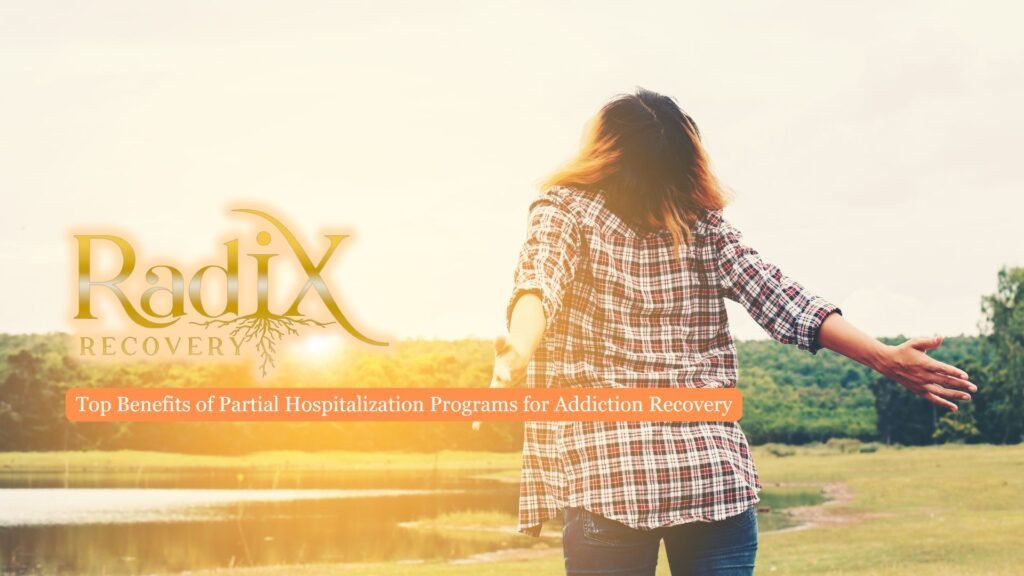Addiction recovery involves more than achieving abstinence, as it requires restoring physical health, stabilizing mental well-being, and building sustainable coping strategies. While evidence-based treatments remain central to recovery, complementary practices like yoga are increasingly being incorporated into treatment settings.
This article lists down the benefits of yoga in addiction recovery and explains how it can strengthen long-term treatment outcomes.

Reduces Cravings and Eases Withdrawal Symptoms
One of the greatest challenges in early recovery is coping with intense cravings and uncomfortable withdrawal symptoms, and yoga provides natural relief by activating the parasympathetic nervous system, the body’s built-in “rest and digest” mode.
Through breathing exercises (pranayama), individuals can regulate their heart rate, calm racing thoughts, and redirect focus away from cravings, while gentle restorative poses promote relaxation and ease physical discomfort such as restlessness, insomnia, and muscle tension.
Research suggests that regular yoga practice may also reduce the intensity of withdrawal symptoms by supporting neurotransmitter balance and stabilizing mood. Finding the best yoga therapy, whether it involves gentle restorative practices, trauma-informed approaches, or structured breathwork, ensures that individuals engage in techniques best suited to their stage of recovery.
Rebuilds Physical Strength and Restores Energy
Substance use often leaves the body depleted, causing fatigue, poor sleep, and weakened immunity, but yoga offers a safe, sustainable way to restore strength and energy. Strength-building postures like Warrior or Plank help rebuild muscle tone and endurance, while deep breathing improves circulation and lung capacity, bringing more oxygen to the body and supporting detox.
Strengthens Mental Resilience Against Triggers
Recovery isn’t just about physical healing, it also requires mental resilience to manage stress, triggers, and urges to relapse. Yoga strengthens this resilience by teaching mindfulness practices that help you pause before reacting to cravings or difficult situations. Through meditation, you build emotional awareness, learning to recognize negative thought patterns before they spiral.
Over time, this practice helps rewire stress responses, training the brain to choose calm over impulsivity. This mental strength becomes a safeguard against relapse, giving you practical strategies to stay grounded even when life feels overwhelming.
Provides Stress Relief and Emotional Regulation
Stress is one of the most common relapse triggers, and yoga provides powerful relief by lowering cortisol levels and promoting calm through movement and breathwork. Deep breathing helps reset the nervous system after moments of anxiety or panic, while gentle stretching releases stored tension often tied to emotional distress.
Meditation further supports emotional regulation by reducing anger, irritability, and mood swings. By replacing harmful coping mechanisms with these healthier practices, yoga equips you with lasting strategies to manage stress without turning back to substances.
Cultivates Inner Peace and Mind-Body Connection
Many people in recovery struggle with anxiety, depression, or feelings of emptiness, and yoga helps cultivate inner peace by reconnecting the mind, body, and spirit. Through meditation and mindfulness, you learn to stay present, easing the pull of past regrets or future worries. Yoga also nurtures a sense of spiritual connection, whether that’s with your higher self, personal faith, or simply the present moment.
This inner calm reduces relapse triggers like loneliness and restlessness, while the mind-body connection strengthens your recovery foundation, helping you find meaning and fulfillment beyond substance use.

Creates Healthy Coping Mechanisms
Addiction often thrives on unhealthy coping mechanisms, and recovery requires replacing them with healthier alternatives. Yoga provides a practical toolbox of skills that can be used whenever cravings or stress arise. Breathwork techniques offer a way to stay calm in difficult situations, while mindful movement channels negative energy into something positive.
Consistent practice of yoga can also become a healthy daily ritual, reinforcing self-care in place of old habits. Over time, these strategies become second nature, empowering you to manage challenges without relying on substances.
Boosts Brain Function and Improves Mood
Substance use disorder disrupts brain chemistry, throwing off the balance of neurotransmitters that regulate mood and behavior, but yoga helps restore this balance and support long-term brain health. Research shows that yoga increases GABA, a neurotransmitter that reduces anxiety and promotes relaxation, while also helping regulate dopamine and serotonin levels to stabilize mood and ease depression.
Trauma-sensitive yoga has even been shown to reduce PTSD symptoms, which often co-occur with addiction. By healing the brain’s reward system and restoring emotional balance, yoga supports clearer thinking, better decision-making, and a more positive outlook in recovery.
Complements Traditional Addiction Treatment Programs
Attending yoga class is most effective when practiced alongside evidence-based addiction treatments such as therapy, group counseling, or medication-assisted care. Many recovery programs now integrate yoga because of its holistic benefits, using it to support self-regulation and whole-person healing that addresses the physical, mental, and spiritual aspects of recovery.
Customizable programs can be tailored to meet different needs, whether someone is in early recovery, focusing on relapse prevention, or maintaining long-term sobriety. When combined with professional treatment, yoga strengthens recovery outcomes and helps individuals build a sustainable, balanced lifestyle of wellness.
Final Thoughts from Radix Recovery
Yoga is increasingly recognized as a supportive practice in addiction recovery. It is proven to help regulate the nervous system, reduce stress, and improve overall well-being, making it a useful complement to traditional treatment methods. When incorporated into a recovery plan, yoga provides individuals with structured techniques for managing withdrawal symptoms, improving physical health, and maintaining long-term stability.
At Radix Recovery we’ve integrated yoga therapy into our addiction treatment programs as a structured, evidence-informed approach. By combining breathing techniques, mindful movement, and meditation, the program is designed to reduce anxiety, enhance self-regulation, and support relapse prevention. This objective framework helps individuals in recovery build sustainable coping strategies that reinforce both short-term progress and long-term sobriety.







































































































